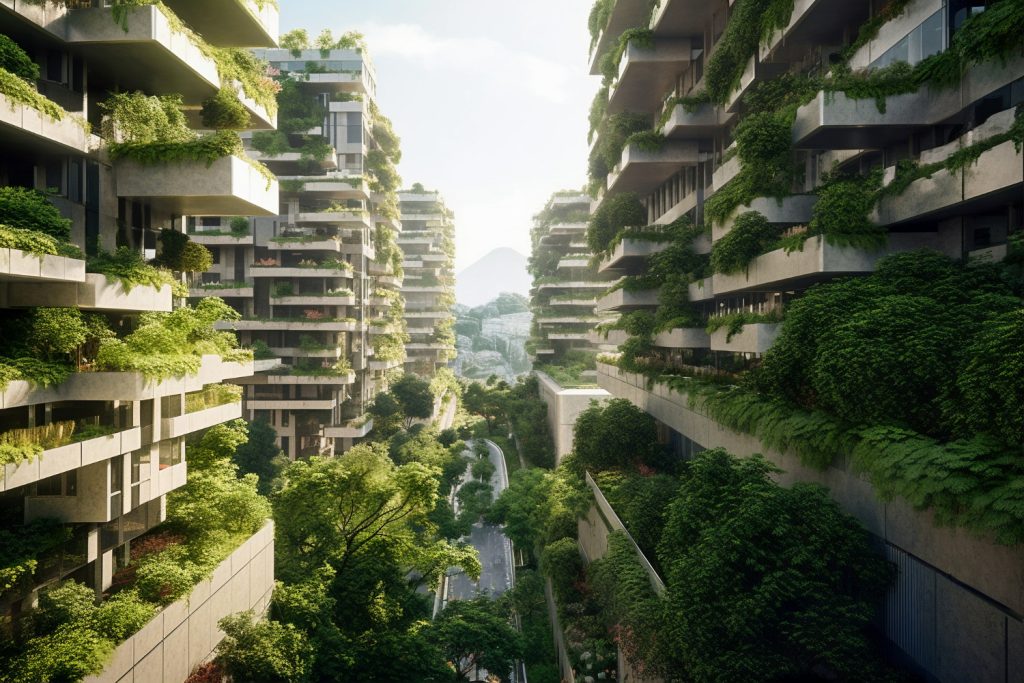In today’s rapidly urbanizing world, access to green spaces has become more than an aesthetic preference—it is a fundamental right tied to human well-being and equality. Parks, community gardens, and urban forests are not simply decorative; they play a crucial role in physical and mental health, social cohesion, and ecological resilience. Yet, access to these spaces is far from evenly distributed.
Scientific research consistently highlights the benefits of urban greenery. A systematic review found that exposure to green spaces reduces risks of cardiovascular disease, improves sleep, and lowers levels of stress. Other studies show correlations between greenery and reduced rates of depression and anxiety. According to research, children growing up near parks even show improved cognitive development. In this sense, green spaces act as an equalizer, providing low-cost public health benefits accessible to all—if they are equitably distributed.
Here, the concept of the “right to the city,” articulated by Henri Lefebvre and later expanded by David Harvey, becomes essential. Urban planning often privileges affluent districts with tree-lined boulevards and accessible parks, while marginalized communities face “green deficits.” This uneven distribution reflects and reproduces broader inequalities. Such disparities transform environmental access into a matter of justice.
Instead of framing green spaces as gifts from urban planners or city governments, the dialogic approach emphasize the voices of local communities. Public dialogue—between policymakers, residents, and urban designers—can ensure that the creation and maintenance of green spaces reflects shared needs rather than top-down decisions. Such process democratizes the urban environment, fostering not only ecological but also civic well-being.
Recognizing urban green spaces as part of the universal “right to the city” reframes them as a collective entitlement, not a luxury. In a world marked by ecological crisis and deepening inequality, this perspective urges cities to guarantee fair access to nature for all residents. Green spaces, then, are not just parks—they are platforms for equality, health, and co-creation.
Editor of Daily 27.
Predoctoral researcher at the Department of Sociology in University of Barcelona.


